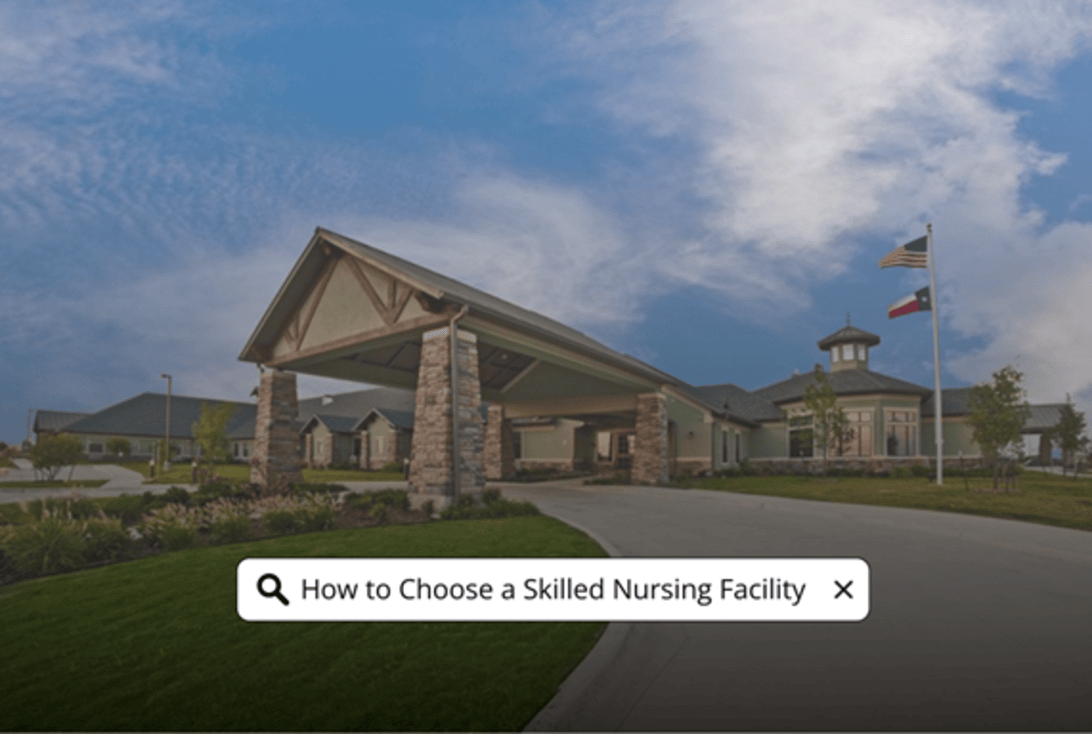Skilled nursing facilities(SNFs) play a crucial role in post-acute rehabilitation. Whether you or a loved one has just undergone major surgery, experienced an extended hospital stay, or is recovering from a serious illness, SNFs provide personalized care plans, comprehensive rehabilitative services, and compassionate care essential for recovery. This blog will explore why skilled nursing is a vital component of post-hospital care.
The Role of Skilled Nursing in Post-Acute Care
The transition from hospital treatment to full recovery is often a challenging process. Skilled nursing facilities provide expert care through a multidisciplinary team that includes registered nurses, licensed therapists, and social workers. Their mission is to help patients rebuild strength, improve mobility, and regain independence. Unlike standard nursing care, skilled nursing services include specialized treatments such as wound care management, IV medication administration, and respiratory therapy to address complex recovery needs.
Personalized Recovery Plans
Upon admission to a skilled nursing facility, patients receive a tailored care plan designed to meet their specific medical and therapeutic needs. For instance, after orthopedic surgery, patients often require physical therapy to restore mobility and pain management to ensure comfort. These individualized recovery plans not only promote faster healing but also minimize the risk of rehospitalization.
Focused Rehabilitation Services
Comprehensive rehabilitative therapies, including physical therapy, occupational therapy, and speech therapy are key components of skilled nursing care. Skilled nursing facilities feature advanced therapy equipment and trained staff who work one-on-one with patients to improve their functional ability and build confidence. These services are designed to enhance strength, enabling patients to independently perform daily tasks.
24/7 Medical Supervision
Skilled nursing facilities provide 24/7 medical supervision, which is essential when a patient requires constant attention. Nurses monitor vital signs, administer medications, and quickly address medical concerns. Additionally, SNFs are medically equipped to provide emergency assistance. This provides families with peace of mind, ensuring their loved one is recovering safely.
Comprehensive Care for Overall Well-Being
Beyond medical treatment, skilled nursing focuses on a patient’s emotional and psychological health. Recovering from a major medical event can be isolating, but SNFs create a positive atmosphere through social activities, wellness programs, and compassionate care to support emotional well-being.


